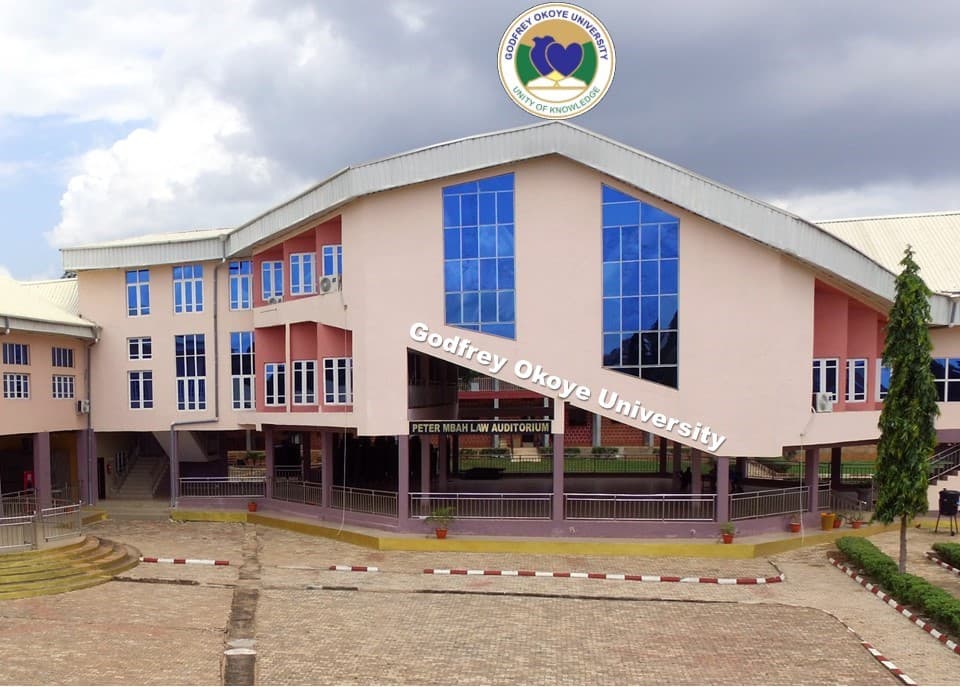YAOUNDÉ, Cameroon – A leading Catholic nun in Africa has made the case for economic justice, urging the Catholic Church in Africa to use the Lenten period to “engage in economic decolonization, dismantling the enduring structures of economic oppression inherited from colonial rule.”
In a written text sent to Crux, Sister Jane Kimathi, Director of Program at the Pan African Theology and Pastoral Network, PACTPAN noted that “Lent can serve as a catalyst for economic transformation in Africa.”
She said Lent is certainly a period believers confront their personal sin and seek renewal, but it can also serve as a time to critically examine and challenge structural injustices that perpetuate poverty, dependency, and economic exploitation.
“Lent, a season of prayer, fasting, and almsgiving, calls Christians to reflect on justice, repentance, and renewal,” she said.
“For the African Catholic Church, this liturgical period presents a profound opportunity to engage in economic decolonization, dismantling the enduring structures of economic oppression inherited from colonial rule,” Kimathi added.
These structures of economic oppression include resource exploitation wherein colonizers extracted natural resources like minerals and timber for export to their home countries, leaving colonies with depleted resources and economies that depend on the export of raw materials.
Colonies were also forced to focus on monocultures, mostly cash crops designed for exports, limiting diversification and making their economies vulnerable to global market fluctuations.
What’s more, colonial economies relied on forced labor, low wages, and exploitative working conditions, which entrenched poverty and limited social mobility.
Besides, infrastructure like railways and ports was built primarily to facilitate resource extraction, rather than to support local development or connectivity.
Furthermore, colonies were integrated into global trade systems in ways that prioritized the interests of colonial powers, leading to persistent trade deficits and economic dependency.
In addition, colonial masters appropriated land to colonial settlers, marginalizing indigenous populations and creating long-term inequalities.
The examples of Zimbabwe and South Africa where efforts at land redistribution have led to heightened political tensions are fresh reminders of those inequalities.
White South Africans (9 percent of the population) own 72 percent of farmland while the majority black people representing 76 percent of the people own only 4 percent of the land, according to government figures.
All these colonial structures have left a legacy of economic inequality that has persisted onto this day.
Kimathi believes therefore that the Lenten period should also be used to rethink Africa’s economic model, by dismantling these economic structures that have continued to push many Africans to the backburner.
“True Lenten observance requires engagement with the suffering Christ, not as an abstract theological concept but as a lived reality reflected in the struggles of the poor, the oppressed, and those trapped in unjust economic systems,” the nun writes.
“The agony of Christ is not confined to history; it is visible today in the economic marginalization of entire communities. Thus, Lent is not only a time of spiritual renewal but also a call to action against economic oppression,” she said.
She said Lenten fasting can extend beyond personal sacrifice to become an act of solidarity with those who suffer under economic injustice.
“It can challenge individuals and communities to rethink their consumption patterns, support local economies, and advocate for sustainable development rather than reliance on foreign aid or exploitative trade practices. By integrating economic justice into Lenten observance, the African Catholic Church can embrace its prophetic role in fostering economic liberation and upholding the dignity of all people,” Kimathi said.
She said that while Lent is traditionally a season of renewal, “it can also serve as a platform for economic justice and liberation from neo-colonial economic structures in Africa.”
She explained that it is a framework that draws a direct connection between Christ’s journey of sacrifice and the call to dismantle systems of economic oppression. She said Lent should serve as a form of defiance against exploitative economic systems and noted that there are Biblical foundations to justify such defiance.
“Isaiah 58:6-7 frames fasting as an act of social justice breaking the chains of oppression, feeding the hungry, and clothing the destitute. Similarly, in Luke 4:18-19, Jesus proclaims His mission to set the oppressed free, aligning with the vision of an African Church that actively resists economic structures that perpetuate marginalization. Throughout Scripture, the call to justice is inseparable from faith, and Lent provides a sacred moment to renew this commitment to economic equity,” the nun said.
Efforts at economic justice have been witnessed with land redistribution in countries like Zimbabwe and South Africa, sometimes leading to political tensions and accusations of discrimination.
Bishop Abel Gabuza of South Africa told Crux that there needs to be a “creative response” to the delicate issue of land redistribution, insisting on the “need to be aware of the fear that some South Africans have over the idea of land being expropriated without compensation. We speak of the need to have a creative response on this delicate issue of the land and take into consideration the need to distribute and the need to respond to the fears.”
Kimathi called for ethical investment in locally owned businesses and industries, saying that this can be a way to promote economic sovereignty.
“Parishes can engage in advocacy efforts for debt relief, fair trade policies, and stronger economic protections that shield African economies from exploitation,” she said.
“Initiatives such as cooperative movements and community-based enterprises can be promoted as sustainable models of economic empowerment. By aligning Lenten observance with these practical steps, the Church can move beyond abstract discussions of justice to tangible economic transformation,” she said.












